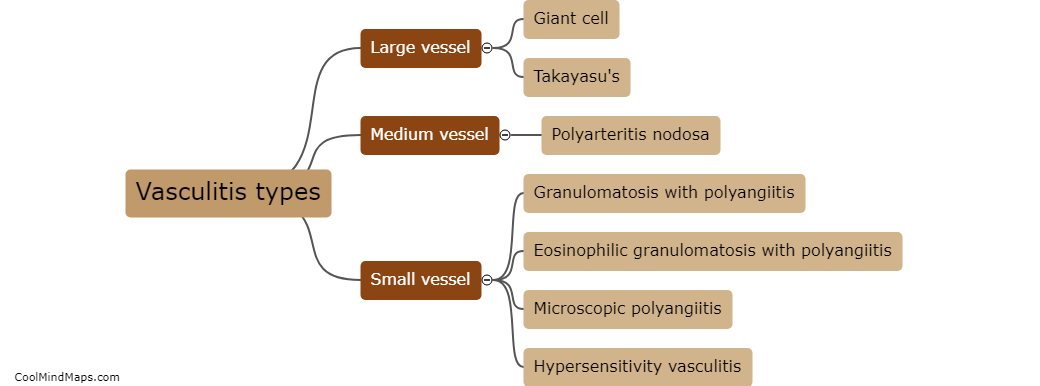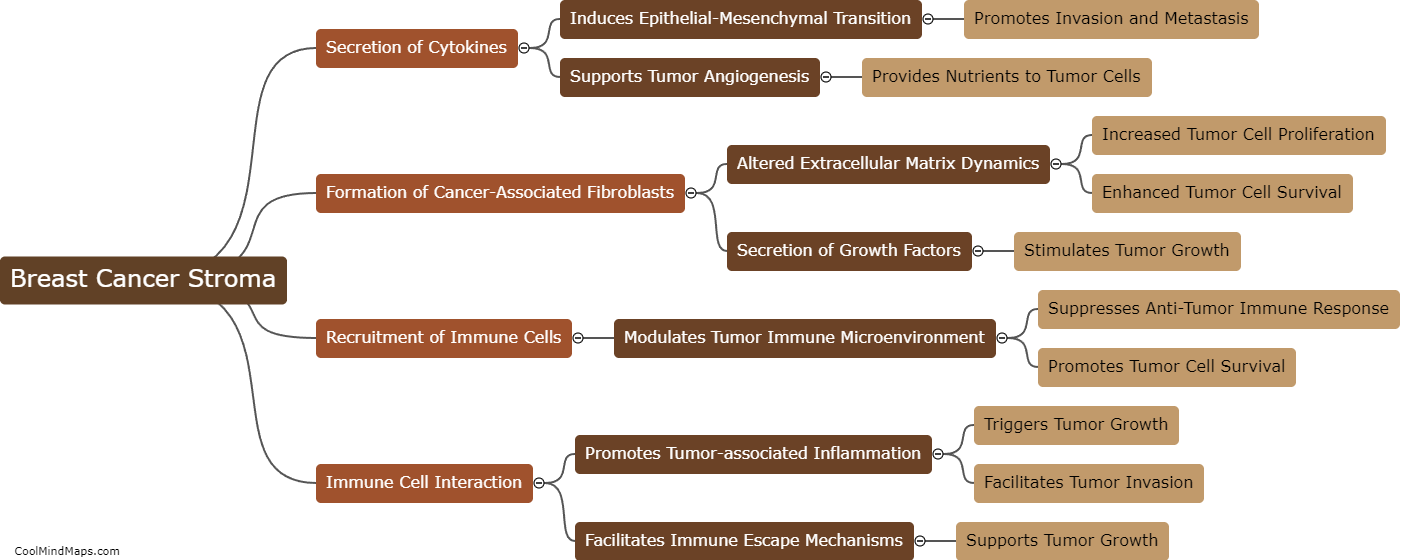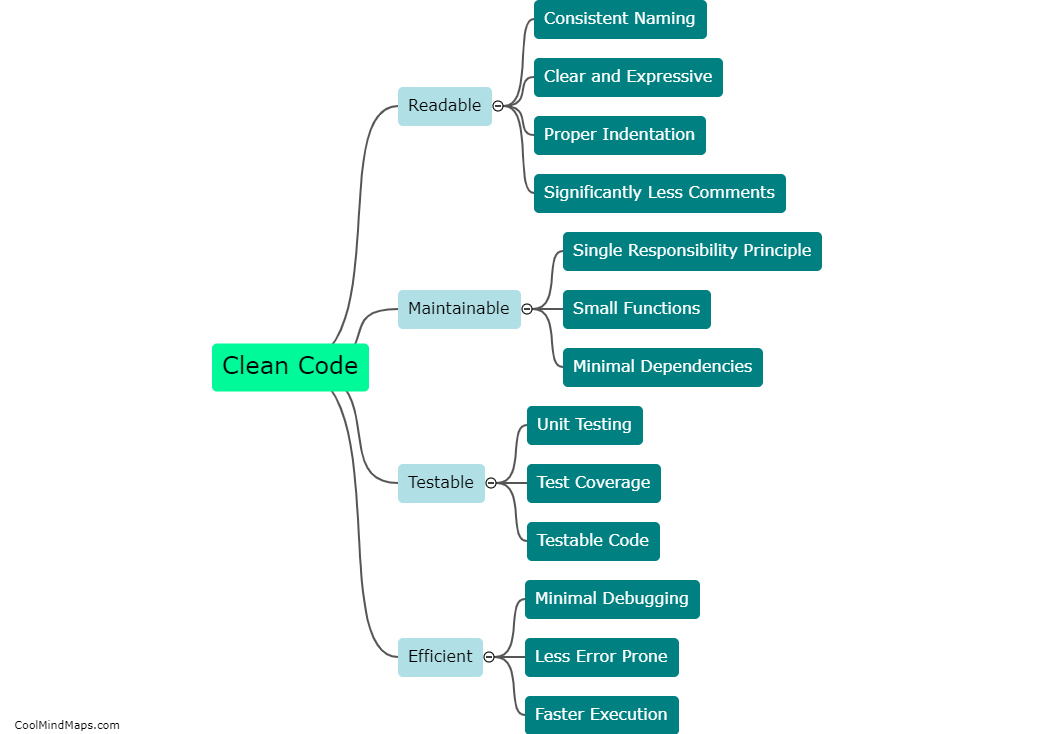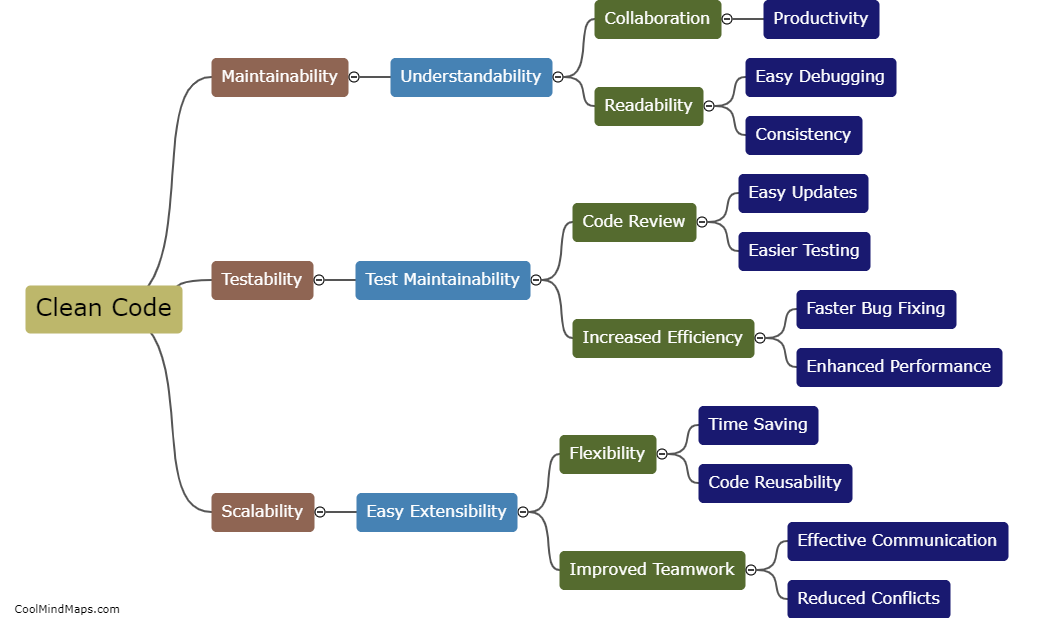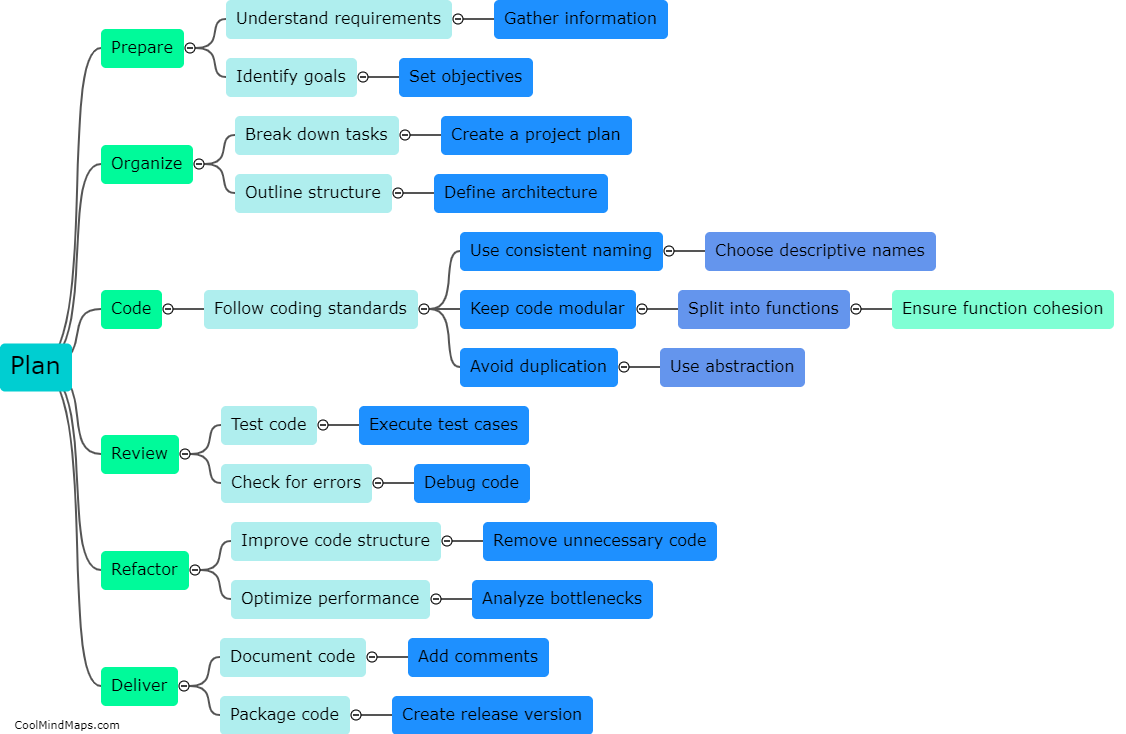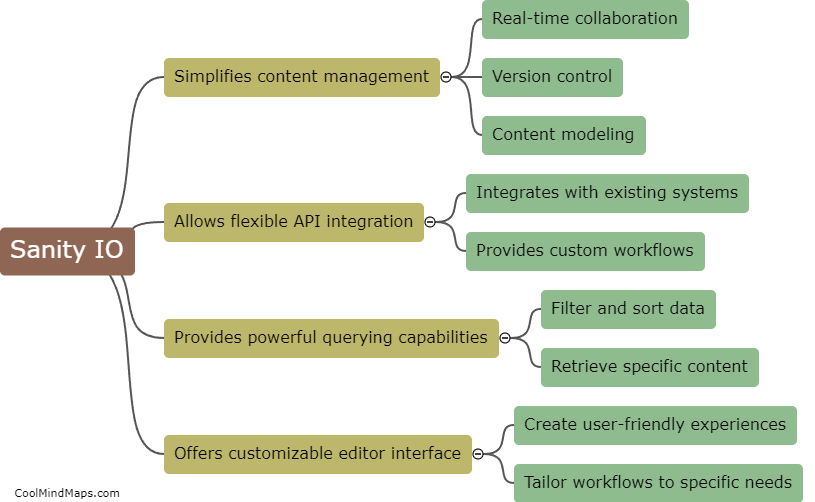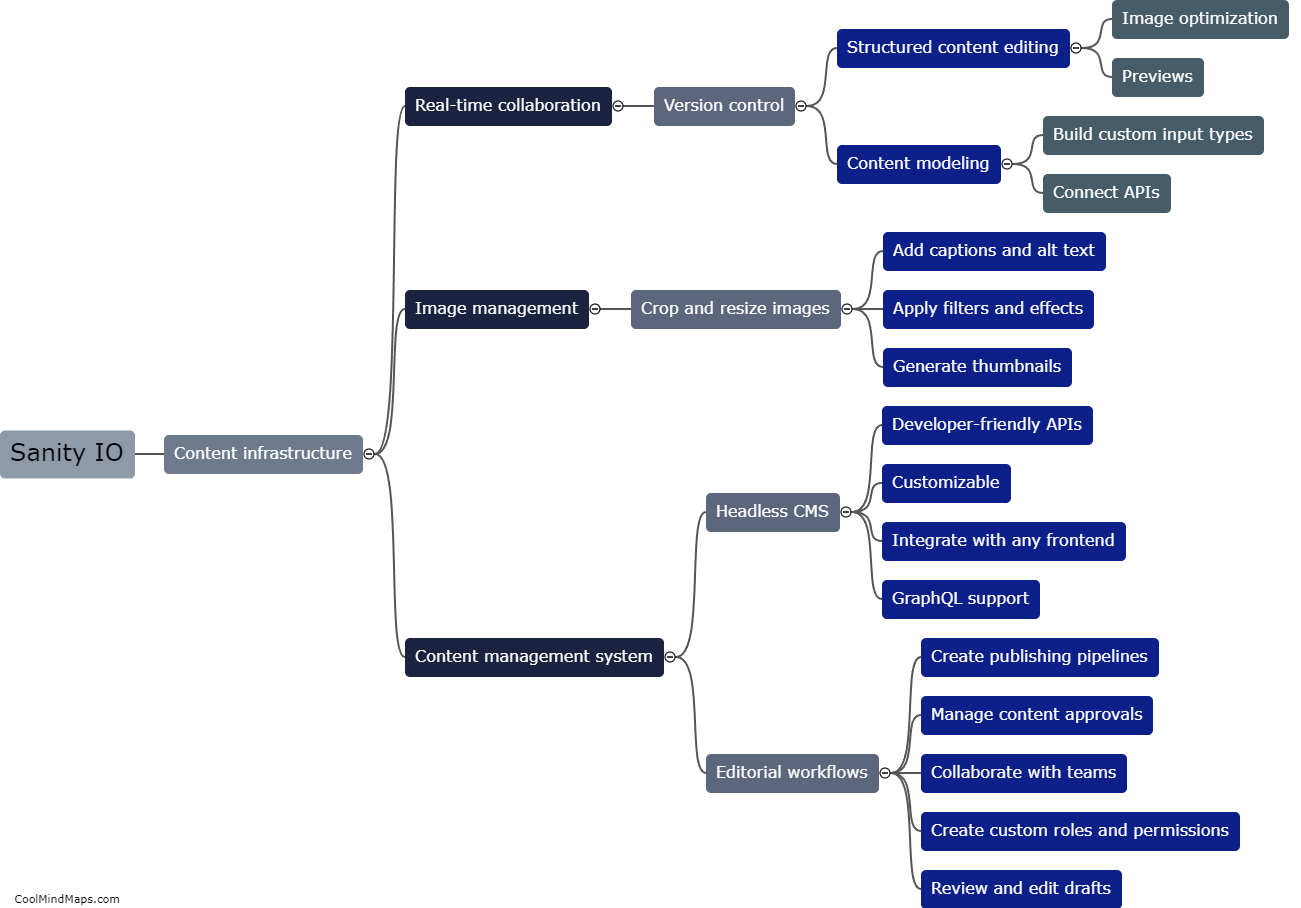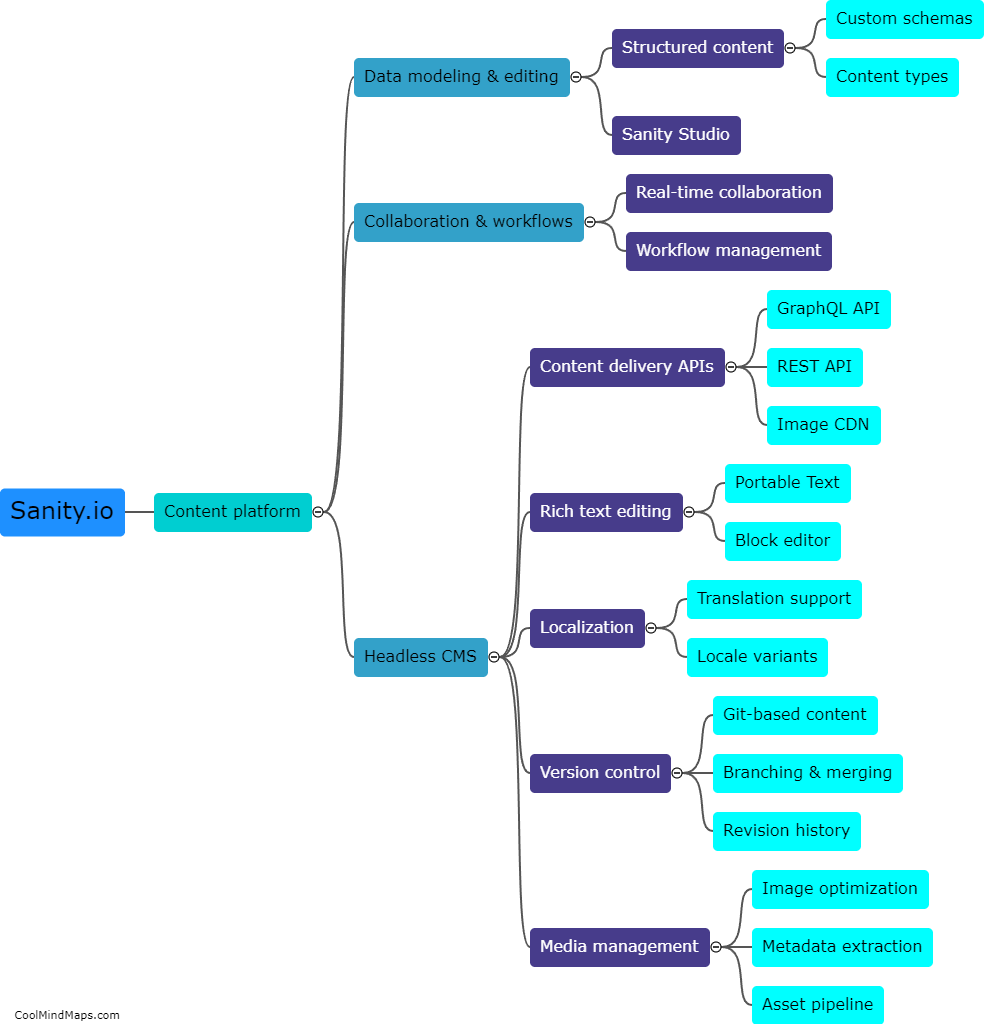What are the principles of clean code?
The principles of clean code refer to a set of guidelines and practices that aim to make the codebase readable, maintainable, and efficient. These principles include simplicity, where code should be simple and concise to understand; readability, where it should be easy to follow and comprehend; self-explanatory naming, where variables, functions, and classes should have descriptive and meaningful names; separation of concerns, where different functionalities should be divided into separate modules or classes; and consistency, where coding styles and conventions should be followed consistently throughout the codebase. Additionally, clean code principles advocate for minimizing code duplication, avoiding unnecessary complexity, and regularly refactoring the code to improve its quality. By adhering to these principles, developers can create code that is easier to debug, modify, and collaborate on, resulting in higher-quality software.
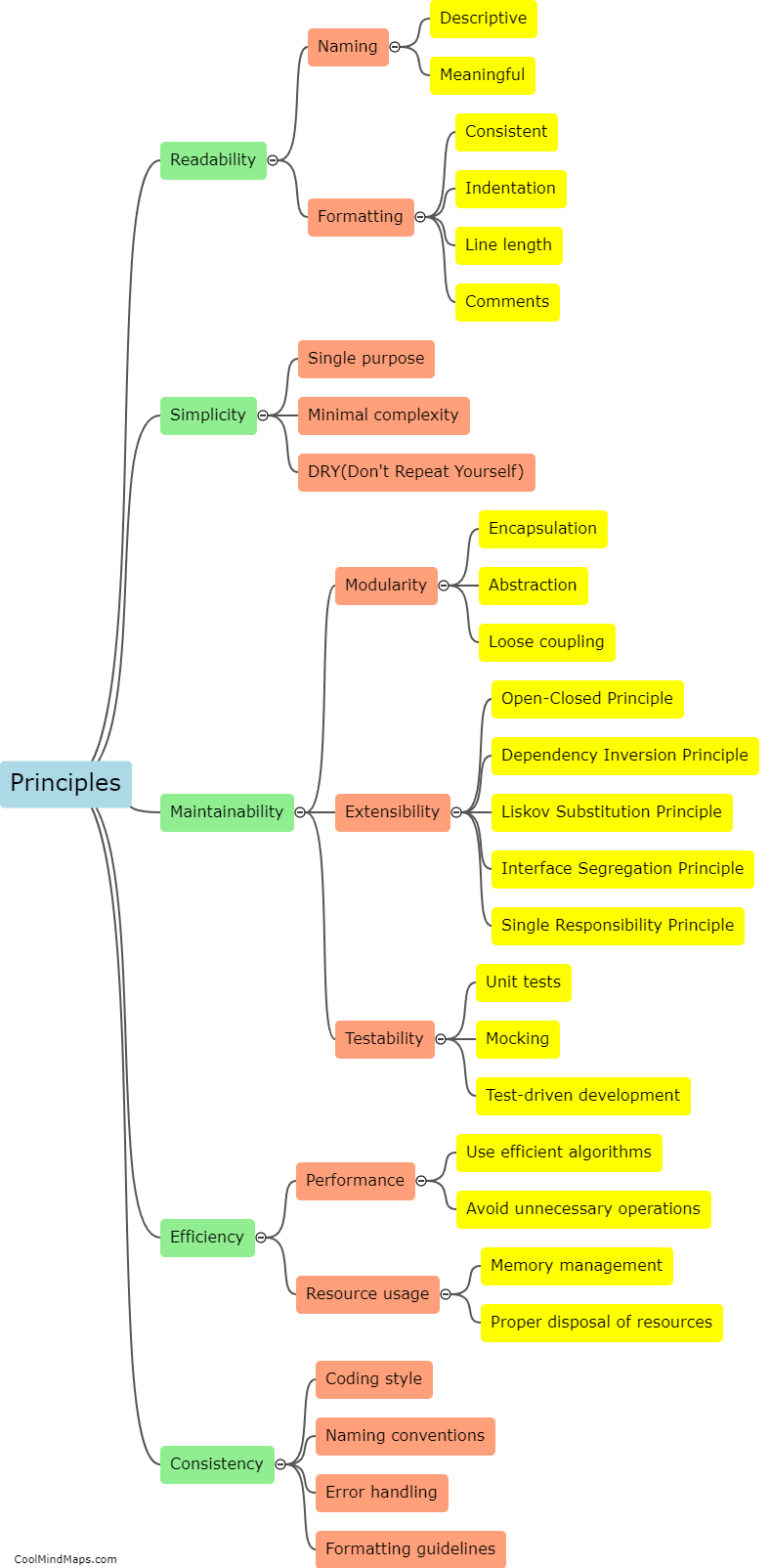
This mind map was published on 16 August 2023 and has been viewed 151 times.

